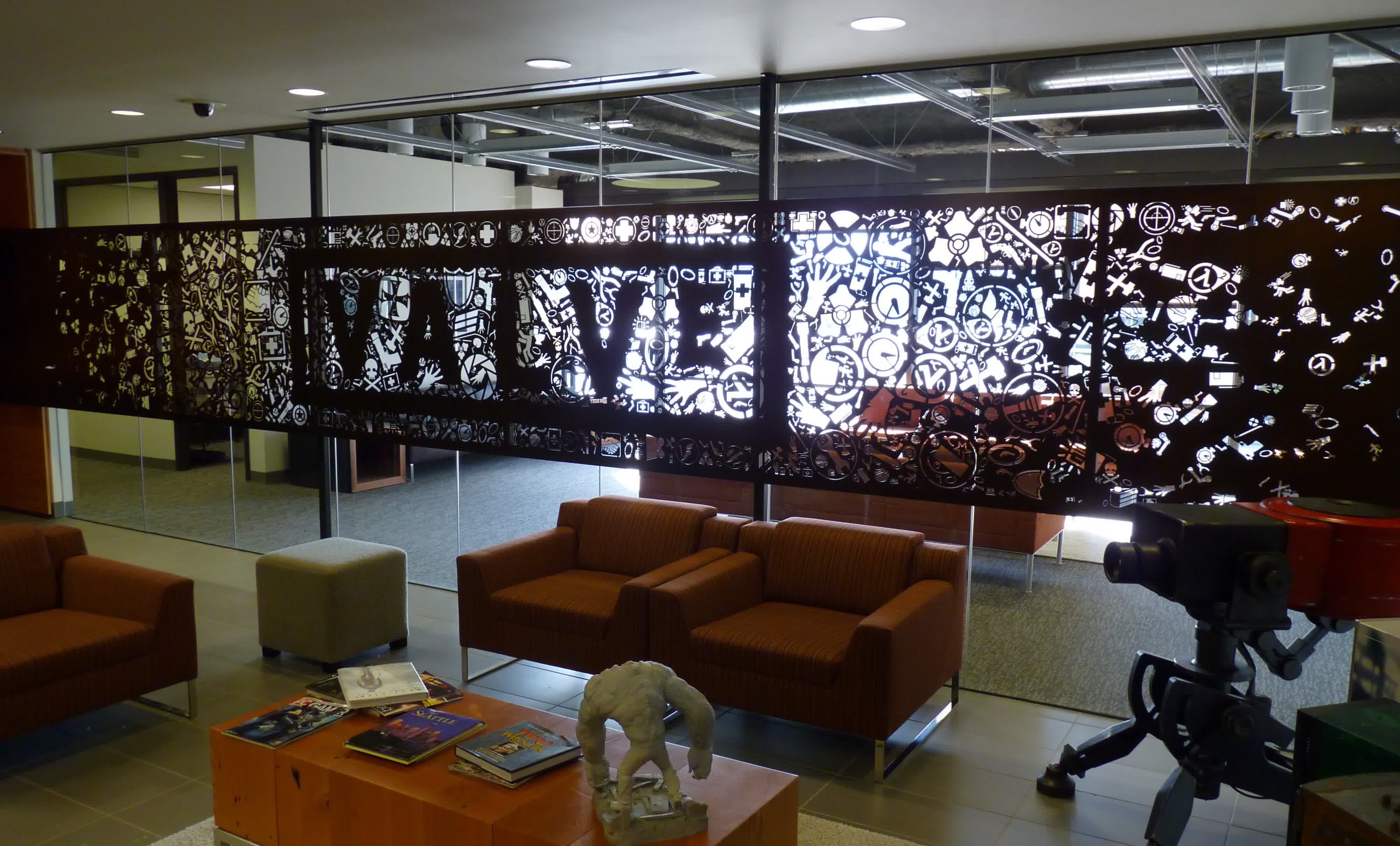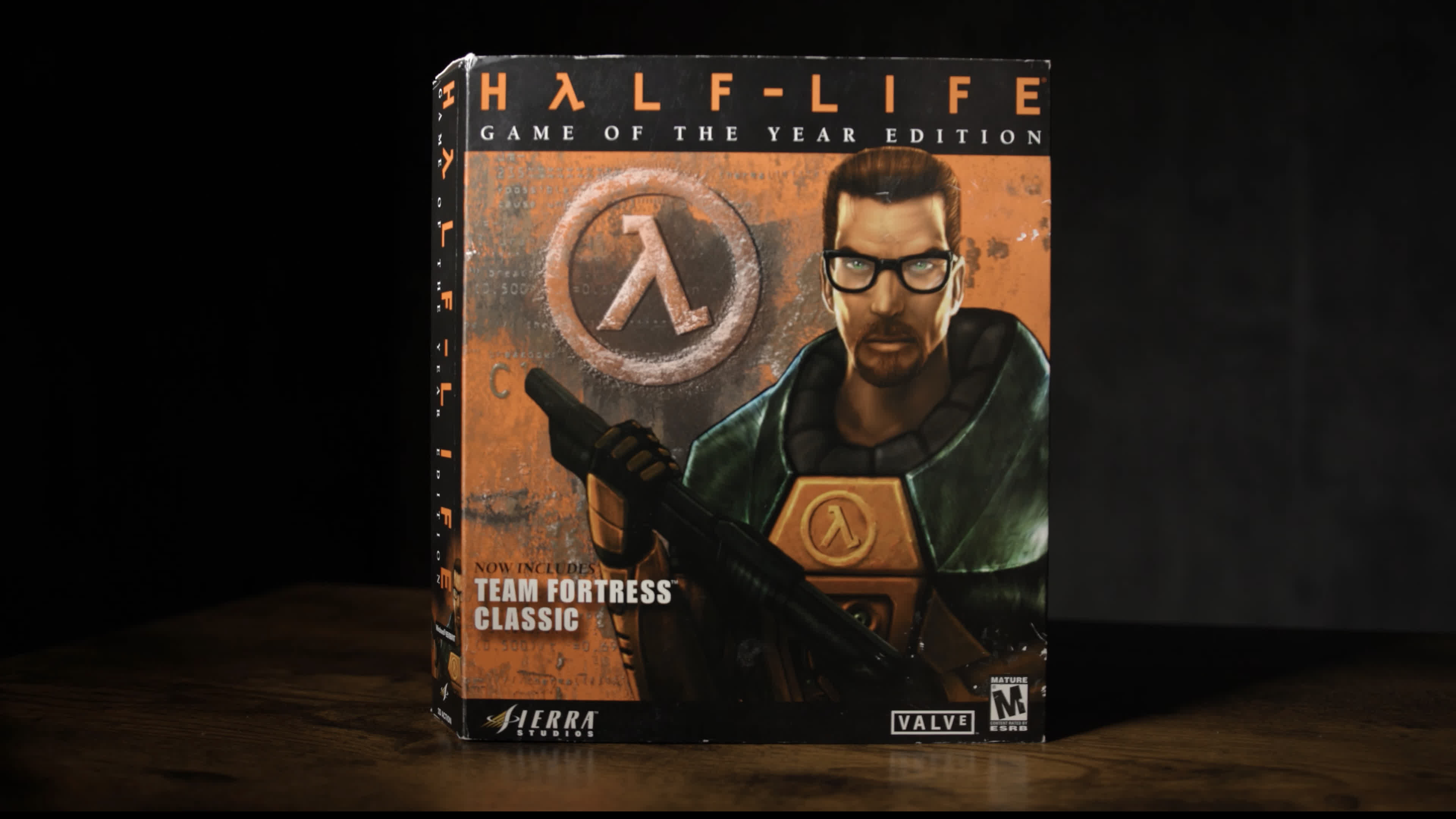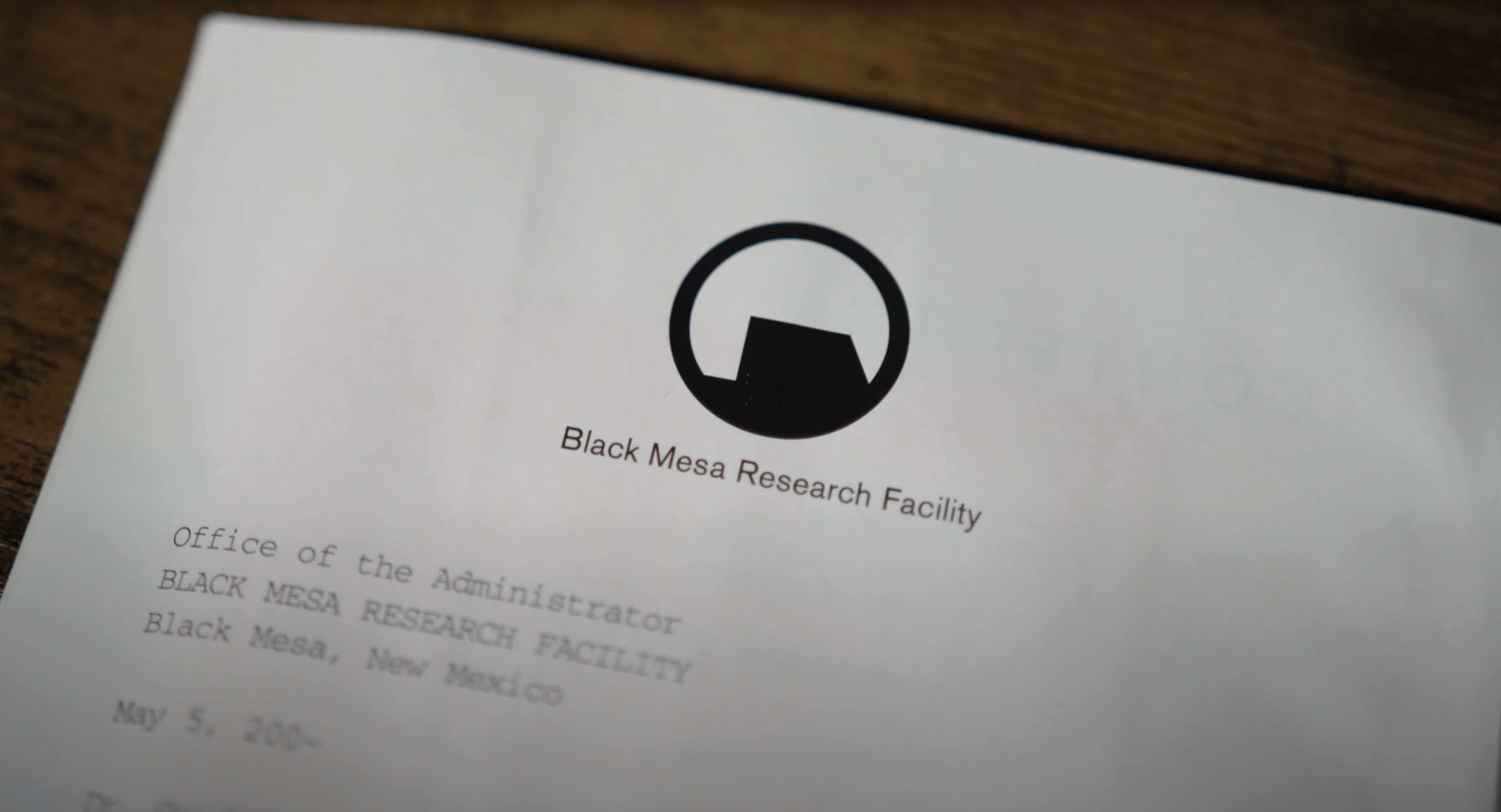In context: In the early 2000s, when Valve's primary income came from developing games, the studio almost went under. If it had not been for the actions of a summer intern, Valve would have gone belly up, and Steam would not have existed. The story of this pivotal moment in gaming history was recently recounted in Secret Tape's Half-Life 2: 20th Anniversary Documentary.

The trouble began after multinational conglomerate Vivendi acquired Sierra Entertainment. Sierra had a long-time relationship with Valve, producing and distributing Half-Life and all of its spinoff games, including Counter-Strike. The conflict began when Vivendi began licensing Counter-Strike to Korean internet cafes. Vivendi did this without Valve's consent.
According to Gabe Newell and COO Scott Lynch, it went against their distribution agreement, which they had hammered out with Vivendi during the Sierra acquisition.
"Sierra, by that point, had become acquired by Vivendi, [which] had worldwide distribution rights, but only for retail package products," Valve lawyer Karl Quakenbush explained (below).
At the time, Valve didn't think it was a big deal and simply asked Vivendi to acknowledge it had broken its licensing agreement. Valve wasn't even asking for any compensation for the internet cafe licensing. However, Vivendi refused, saying it had the right, so Valve filed a lawsuit. Even though the proceedings were going to court, the company still only wanted recognition of the breach of contract and reimbursement of the modest legal fees, which were in the tens of thousands of dollars range at that point.
Vivendi did not take the filing lightly. Instead, it went "World War III" on Valve, filing multiple countersuits. The counterclaims were not minor either. Vivendi's legal actions included canceling Valve's agreements, seizing ownership of the Half-Life IP, and blocking the development of Steam. Not only that, Vivendi filed lawsuits against Newell and Lynch, making the matter personal.
"And so it was kind of like, 'Well, we're gonna put Valve out of business, and then we're gonna bankrupt the two of you,'" Lynch recollected. "I think that was a lot of what they felt like was their path towards winning this fight."

Although Valve was quite successful as a game studio at the time, it was no match for Vivendi's seemingly unlimited resources. It was a true David versus Goliath fight, except that in this instance, all Goliath had to do was run out the clock.
Newell admitted that there came a point when the company was nearly bankrupt. He asked Lynch if he should put his house on the market to cover legal expenses and finish Half-Life 2.
"Yeah, I think it's time where you put the house on the market if we want to keep going," Lynch recalls telling Gabe.
Ironically, Valve finally got a break because of a "bullsh** move" that Vivendi pulled. In an act of malicious compliance, the conglomerate turned over millions of pages of discovery, all in Korean. Vivendi was confident that Valve could never go through the sheer volume of documentation, let alone translate it, without running out of money first.

Little did the Goliath know that Valve just happened to hire a summer intern named Andrew, who was not only a language studies major but also a native Korean speaker. Andrew combed through the discovery and stumbled upon the needle in the haystack.
In the reams of documents, which even Vivendi hadn't read, which would become apparent later, was an email from a Korean Vivendi executive discussing orders from higher up, instructing the destruction of documents pertaining to the case. This discovery completely flipped the script. David's stone had struck Goliath right between the eyes.
When confronted with the evidence, Vivendi had no choice but to settle favorably with Valve, covering its now considerable legal fees and giving Valve full ownership of its Half-Life IP. With the victory in hand, Valve launched Steam and released Half-Life 2, propelling it into the gaming powerhouse it is today.
Without Andrew's timely intervention (and luck), Valve may have faded into obscurity, known only for Half-Life and its three spinoff titles. We would have no Portal, Left 4 Dead, or Dota. Counter-Strike's esports legacy might never have existed. Perhaps most importantly, there would be no Steam.
How a summer intern saved Valve from bankruptcy and shaped the future of gaming